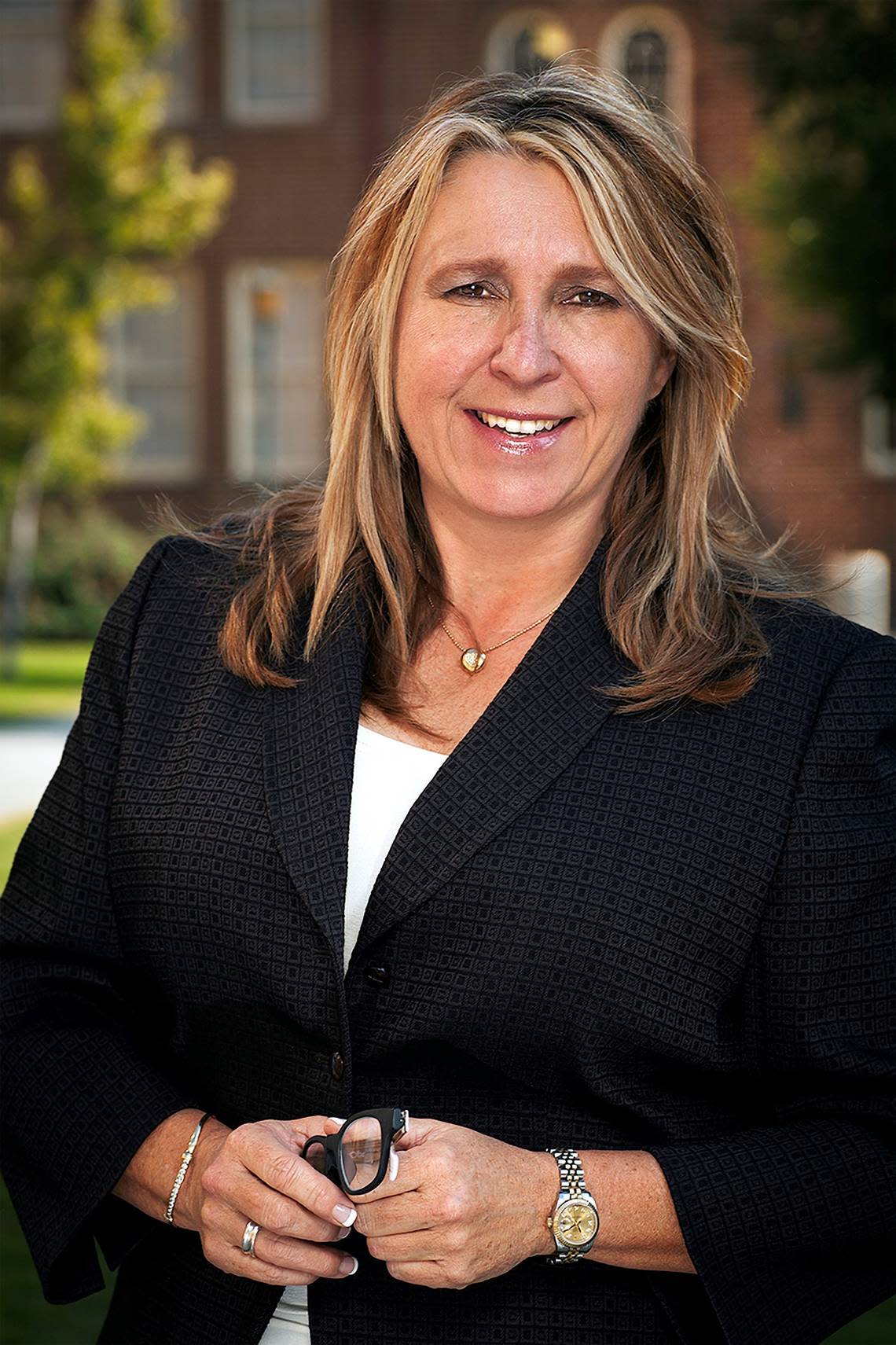Fresno’s community college chancellor speaks out against law to limit transfer classes
Readers might be surprised to learn of the lifetime success of community college graduates from our San Joaquin Valley. Students who started their careers at a community college have gone on to serve as: the lieutenant governor and lead in the White House; to play in the NFL and be honored as Major League Baseball Hall of Famers; to receive international recognition as poets; and to excel as Olympic athletes and many other accomplishments on the world stage.
Decades of success reflect our community college commitment to higher education.
Yet while there has been measurable progress at our Valley colleges, there appears to be a desire to restrict the opportunities provided by community colleges and impede our collective ability to achieve our sacred mission to “advance California’s economic growth and global competitiveness through education, training, and services that contribute to continuous work force improvement.”
A well-intended bill, AB 928, which is now being implemented, will result in severe unintended consequences. This new law requires the creation of a “singular lower division general education pathway that meets the academic requirements necessary for transfer admission to both the California State University and University of California.”
The likely negative impact of AB 928 is so dire that it prompted unanimous approval of a joint resolution between community college chancellors, presidents and elected trustees to protect courses in the transfer process.
Ensuring a smooth transfer from community college into the university system is a critical step to higher education. University of California President Michael Drake has pointed to the value of transferring, noting that more than 30 percent of UC undergraduates are former community college students. Even more impressive is the 60 percent of CSU students who started at a community college.
At State Center Community College District, we have been successful in advancing the California Community College mission for many decades. The four colleges of State Center include, Fresno City, Clovis Community, Reedley and Madera Community College, which collectively are serving more than 55,000 students annually. Most of those students are from distressed economic situations and are first generation college students.
The elimination of transfer ability will certainly have adverse effects on all of our physical education, kinesiology, and athletic courses including, but not limited to, significant reduction in enrollments, reduction in athletic programs, and disproportionate impacts to underserved populations.
We know that our students can achieve their academic and career goals and have done so collectively at impressive rates. In 2021 Fresno City College had more than 3,900 students obtain degrees. Clovis Community has one of the highest transfer rates in the state and it has been named Champion for Equity for five consecutive years. Last year, despite facing challenges of completing their degrees during the COVID pandemic, all four colleges had record-breaking graduations, with a combined award of 9,865 degrees and certificates, which is 76% more than just five years ago.
Efforts to decrease the number of transferable courses will increase the burden on our most vulnerable students. Far too often, such barriers force students out of college without the skills and knowledge they hoped to gain. This would come at a time when more and more employers need an educated workforce to keep the economy moving forward.
Additionally, the proposed elimination of Area E courses will negatively impact students from historically underserved communities who need these classes to thrive in higher education. The lack of baccalaureate degrees, particularly in the Valley, overwhelmingly affects low-income and first-generation students, and has a lasting adverse effect on our communities.
Since most of the students in the community college system come from distressed economic situations, shouldn’t lawmakers broaden rather than narrow the path to the earning a bachelor’s degree? Why limit transferable-level courses that prepare students for success at the university? As a state, we must support our community college programs rather than limit the lives of our students.
With these facts in mind, we have asked leaders of the three systems to work together in recognizing the importance of achieving the mission of community colleges and the academic and personal success of our students
We encourage the state to reconsider the current implementation plan for AB 928 by supporting lifelong learning and self-development as part of the new requirements.
Dr. Carole Goldsmith is chancellor of the Fresno-based State Center Community College District.

